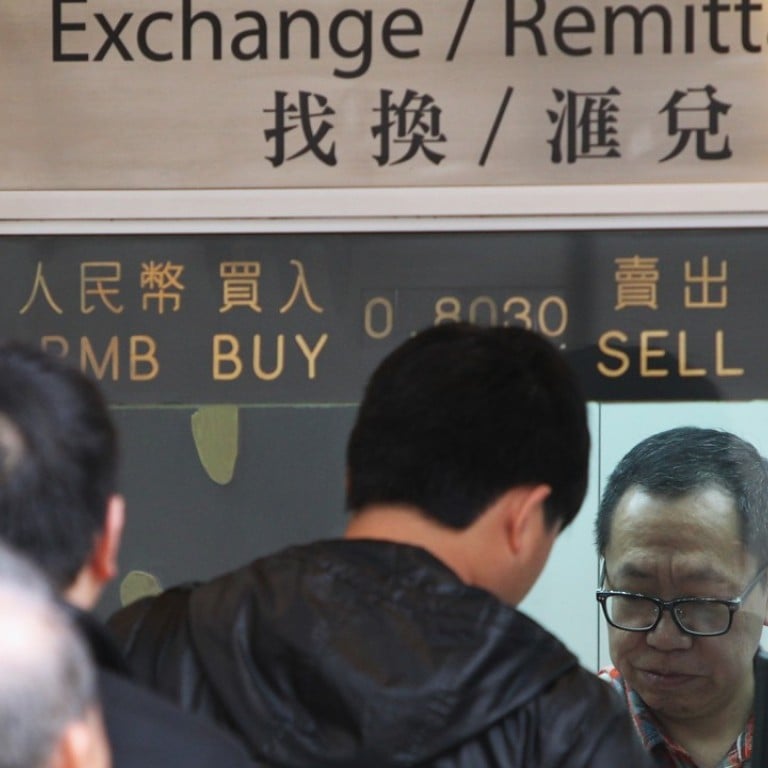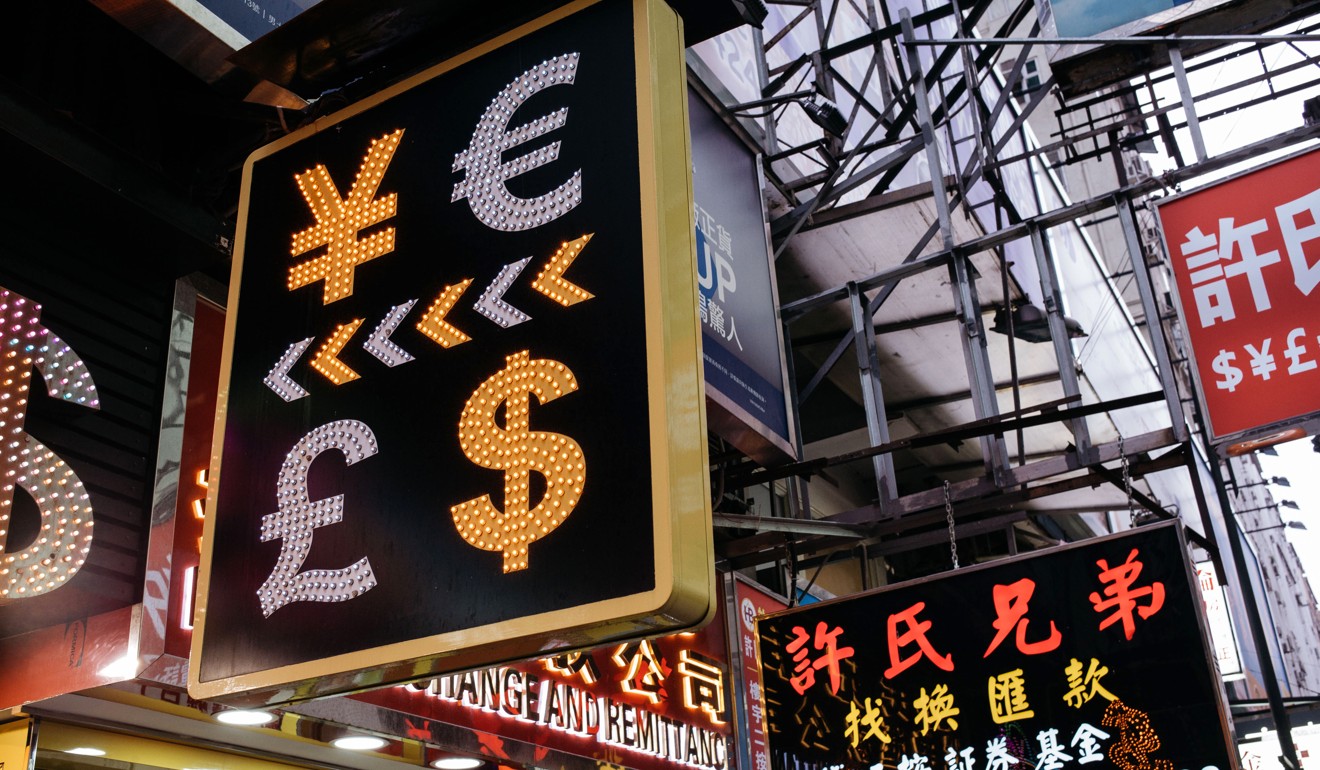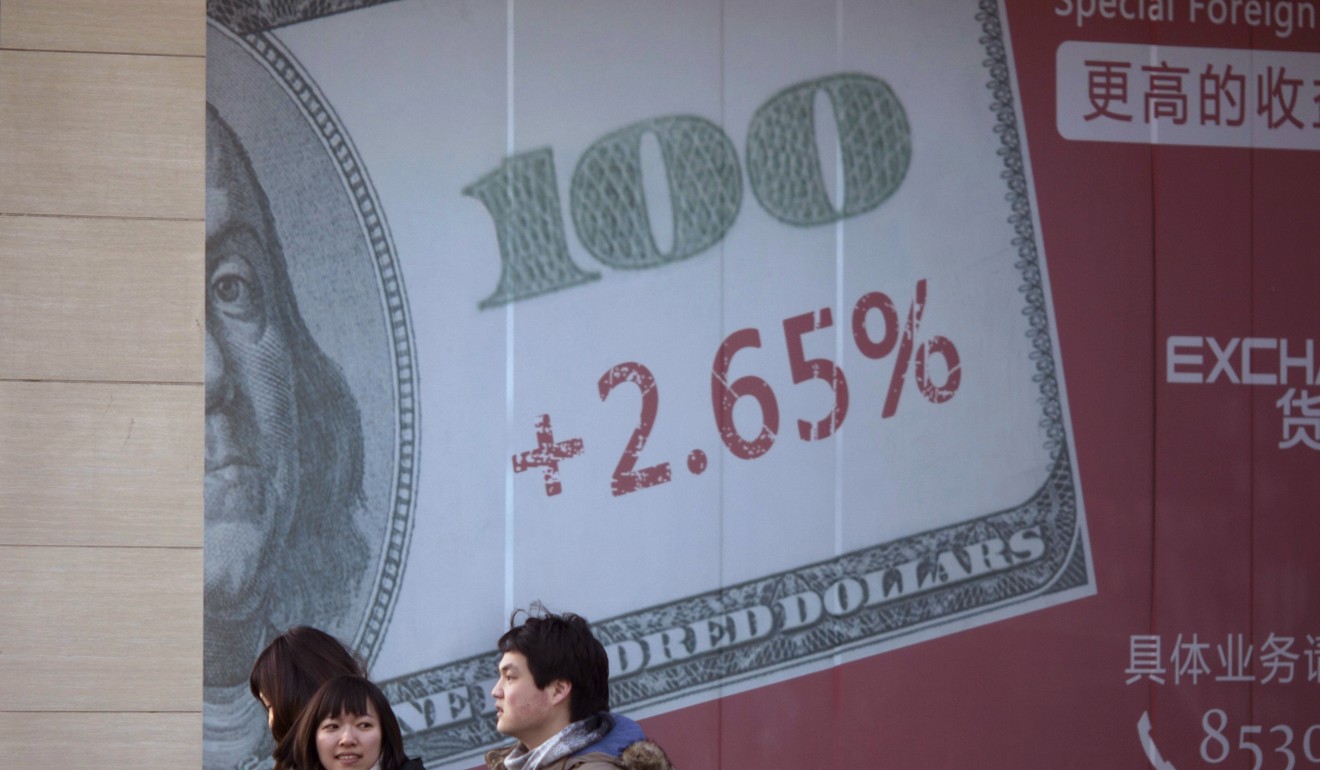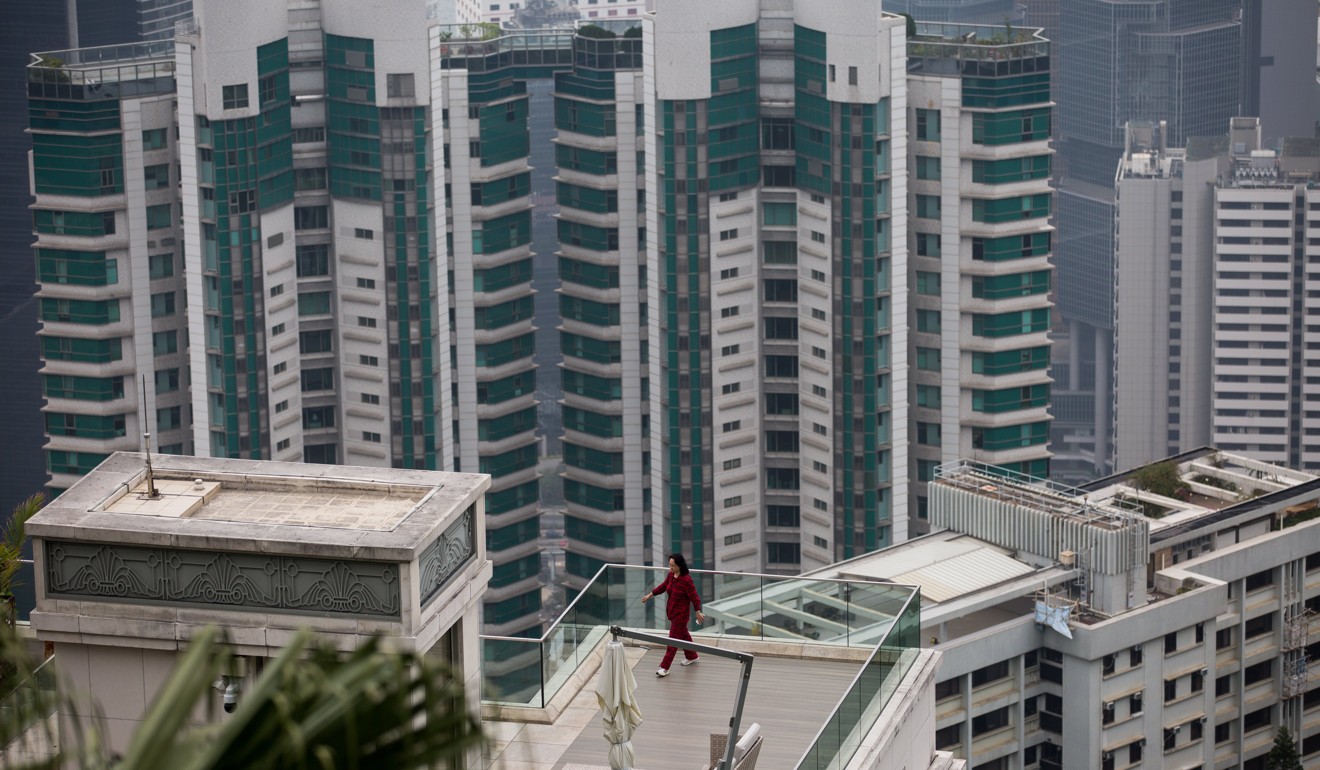
Hong Kong is about to trigger a global financial crisis ... Really?
The HK dollar is at a three-decade low and armageddon is approaching. That is, if you believe recent headlines. But before you hyperventilate, listen to this
Hong Kong’s foreign exchange market, usually the least interesting financial market in the world, has been making headlines recently.
You’ll be glad to know you can breathe easy. The worst that is likely to happen over the coming months in Hong Kong’s foreign exchange and money markets is not a financial crisis of earth-shattering proportions, but rather a normalisation of conditions from a highly anomalous state. First, let’s consider that fall in the Hong Kong dollar. It hasn’t really “plummeted” and isn’t really at a three-decade low. Against a basket of major currencies adjusted for inflation, the Hong Kong dollar has actually strengthened by 34 per cent since 2011.

Instead, what has caught people’s eye is a marginal depreciation – by 1 per cent since the beginning of last year – in the Hong Kong dollar against its US counterpart.
That’s pushed the Hong Kong currency towards the weak side of its permitted trading band against the US dollar – although it hasn’t got there yet.
The reason the Hong Kong dollar has seen this marginal depreciation against the US dollar is simple enough: interest rates are lower in Hong Kong than in the US. For example, the one-month “Hibor” Hong Kong dollar interbank rate was just 0.7 per cent last week. In contrast the corresponding US dollar “Libor” rate was 1.7 per cent. This one percentage point discount makes holding Hong Kong dollars less attractive than holding US dollars, so it should be little surprise that the Hong Kong dollar is weakening against the US currency.
Short-term panic consistent with bull market in Hong Kong stocks
The far more interesting question here is why Hong Kong interest rates are at such a big discount to US rates in the first place.
The answer is that Hong Kong’s financial system is awash with money. Between the outbreak of the financial crisis and late last year, a net HK$2 trillion of external liquidity flowed into Hong Kong. That excess of funds, much of it in recent years derived from the Chinese mainland, has held down local interest rates, even as the US Federal Reserve has been raising its own benchmark rates. The result is the 1 percentage point interest rate gap we see today.

In theory, differentials like this should not arise. The currency board mechanism which confines the Hong Kong dollar’s exchange rate within a tight band against the US dollar means that Hong Kong dollar interest rates should march in lockstep with US rates. If a gap does open up, it should quickly be arbitraged away.
That is why financial analysts have long expected Hong Kong interest rates to rise. Last year one US hedge fund manager even set up a new fund specifically to bet on an increase in Hong Kong dollar interest rates.
Now it appears as if Hong Kong interest rates are finally about to close the gap with US rates. If the Hong Kong currency sinks all the way to the weak side of its permitted trading band, the Hong Kong Monetary Authority will automatically begin buying Hong Kong dollars, draining Hong Kong liquidity from the financial system and pushing Hong Kong interest rates up towards US rates.
Stock meltdown: have we entered the age of inflation?
The prospect is making some people nervous. If Hong Kong rates converge with US rates, and if the Federal Reserve goes ahead as expected and increases its benchmark interest rate three or four times over the course of 2018, then over the next nine months Hong Kong’s one-month Hibor rate could rise from just 0.7 per cent to 2.75 per cent. With most Hong Kong mortgages linked to Hibor, that would see mortgage rates more than double from as little as 1.9 per cent today to 4 per cent by the end of the year. Some observers fear that could precipitate the collapse of the Hong Kong property market.
That’s not all. With interest rates low over recent years, Hong Kong has seen a sharp increase in borrowing by corporations. According to the Bank for International Settlements, credit to the private sector has shot up from 300 per cent of gross domestic product in 2012 to 400 per cent in the middle of 2017.
Even more unnerving, the cost of servicing that debt has climbed from 20 per cent of income to 28 per cent, the highest in the world. The fear, expressed last week by the Daily Telegraph, is that a sharp rise in Hong Kong interest rates over the coming months could trigger a wave of corporate defaults and a full-scale banking crisis.

Happily these fears are overblown. Despite endless scare stories, Hong Kong households are not highly leveraged. As a result, even a doubling of mortgage rates will not push mortgage service costs above half of monthly household income for typical homebuyers. In 1997, mortgage costs exceeded two-thirds of income for most buyers.
Meanwhile, it is likely the data on corporate credit is misleading. The Telegraph story drew heavily on a research report from Nomura. But as the report’s author, Nomura’s Asian chief economist Rob Subbaraman points out, much of that credit has been extended to the Hong Kong subsidiaries of mainland Chinese companies.
In other words, it is likely that much of the rapid growth of credit in Hong Kong’s financial system is really lending by branches of mainland banks, which are underwritten by the Chinese state, to mainland companies, which have mainland cash flows not factored into the data for debt service ratios.
In short, the risks posed by a marginal weakening of the Hong Kong dollar and the likely resulting normalisation of Hong Kong interest rates are not nearly as great as they have been made out to be. Rather than triggering a global financial crisis, the softening of the Hong Kong dollar to the weak side of its trading band against the US currency will barely cause a ripple – except perhaps in the headlines. ■
Tom Holland is a former SCMP staffer, who has been writing about Asian affairs for more than 20 years

